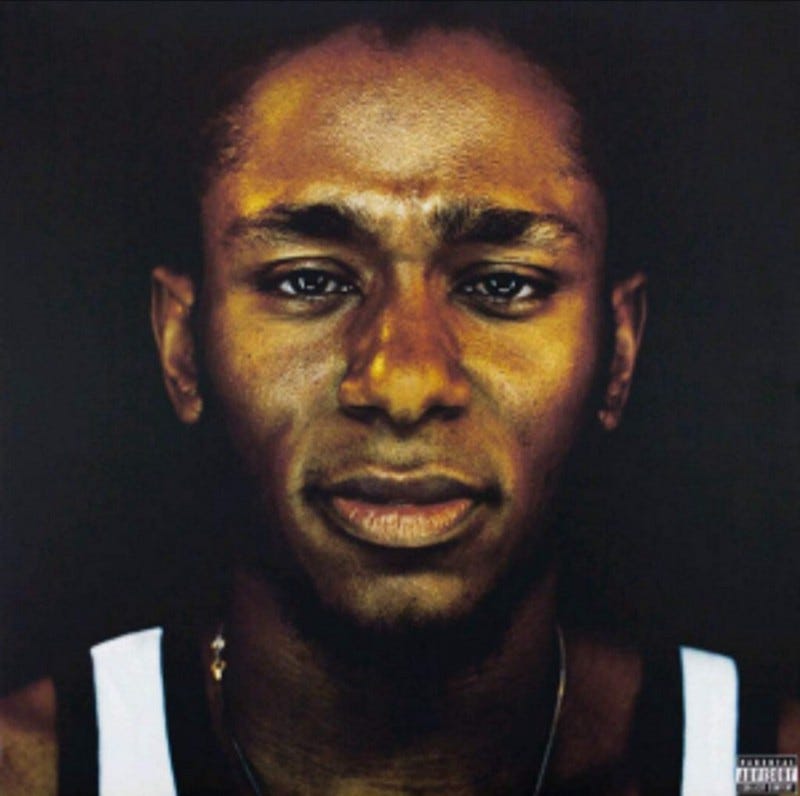Mos Def — Black on Both Sides — 1999
05.January.2121
Mos Def
Black on Both Sides
1999
Riding high on the debut success of Black Star, his collaboration with Talib Kweli, Mos Def stepped out front in 1999 for his first solo album.
Choosing to collaborate with a bevy of stars and skilled producers — including Q-Tip, Busta Rhymes, DJ Premier, Ali Shaheed Muhammad, and jazz legend Weldon Irvine, Mos Def dropped Black on Both Sides in October of 1999.
The first single, “Ms. Fat Booty,” found its life force and driving rhythm in a rare 1965 Columbia singe from Aretha Franklin, “One Step Ahead.” The single peaked at #54 on the Hot R&B/Hip-Hop Songs chart.
On Black on Both Sides second single, “Mathematics,” Mos Def uses deft wordplay and, well, math to address “Negro’s and Latinos, and even the gringos.” Mos proudly proclaims, “I revolve around science” and uses sequential numbers in both verses to count off the myriad of social ills as we were at the dawn of a new century:
Yo, it’s one universal law but two sides to every story
Three strikes and you be in for life, mandatory
Four MC’s murdered in the last four years
I ain’t trying to be the fifth one, the millennium is here
Yo it’s 6 Million Ways to Die, from the seven deadly thrills
Eight-year-olds getting found with 9 mill’s
Perhaps most boldly, the song “Brooklyn” is a three-movement piece shout out to his neighborhood in Brooklyn — Bedford-Stuyvesant. After having gone through a number of iterations, this version finds Mos Def rhyming three verses over three different beats:
Verse 1 — an original composition produced by Ge-ology with Mos opening with lyrics to “Under the Bridge” by the Red Hot Chilli Peppers.
Verse 2 — a re-creation of Smif-N-Wessun’s “Home Sweet Home”; nestled in this verse Mos addresses the truth about Brooklyn:
It’s real yo but still yo, it’s love here
And it’s felt by anybody that come hereVerse 3 — sung against the instrumental track of The Notorious B.I.G.’s 1995 hit, “Who Shot ya?”
Placing emphasis on live instrumentation and socially conscious lyrics, Black on Both Sides 1999 received universal acclaim.
Even America’s favorite curmudgeonly verbose music critic, Robert Christgau, liked it …although he did say it was too long but found it in his heart to concede that “the wealth of good-hearted reflection and well-calibrated production overwhelms one’s petty objections.”
As we cracked into a new century, Mos Def used Black on Both Sides to announce his presence as a formidable artist.





